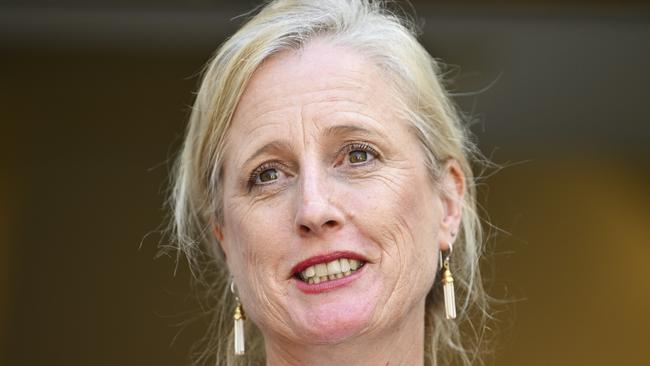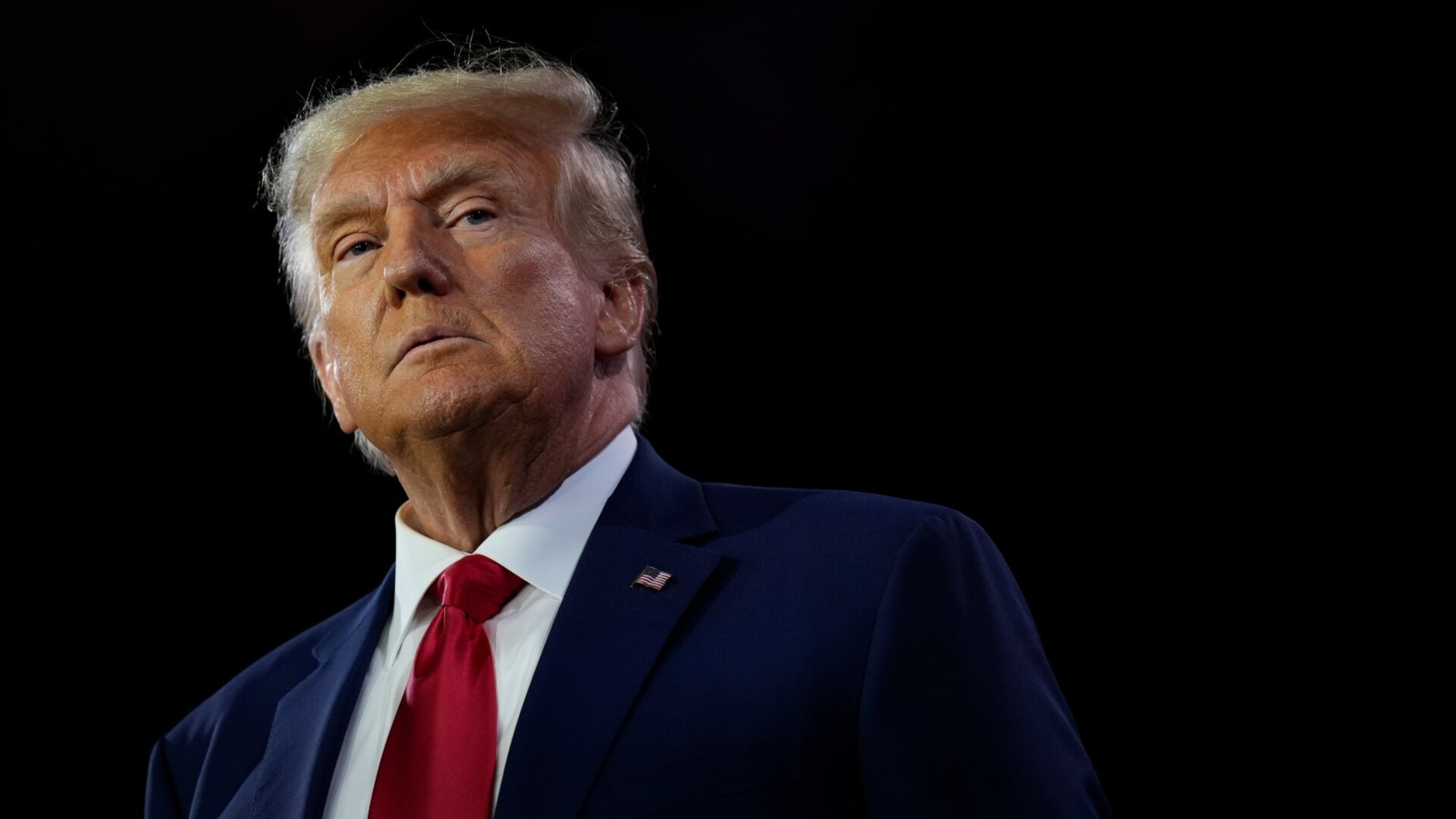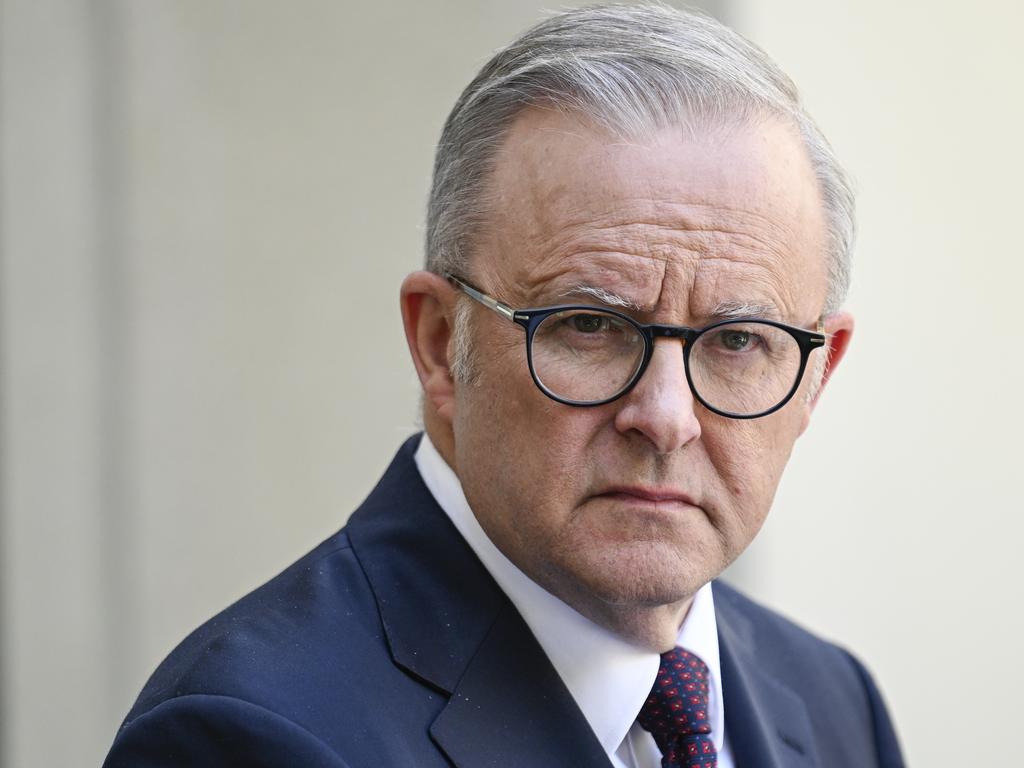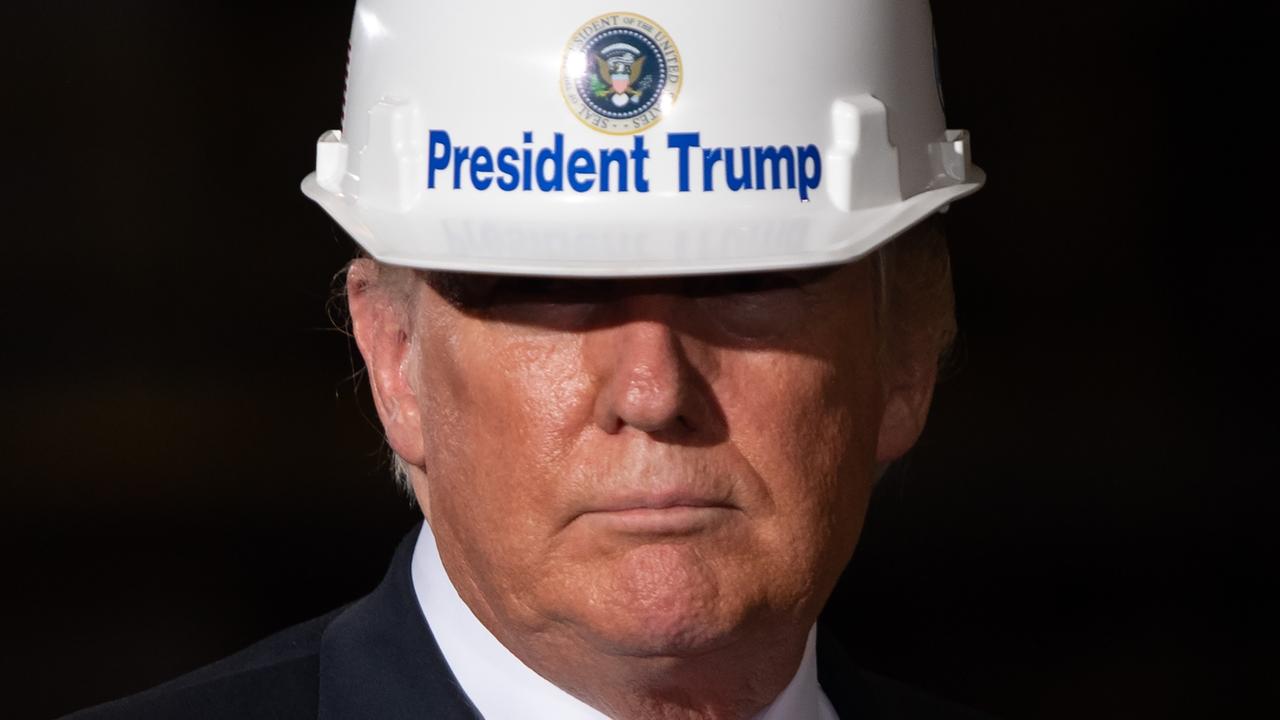Forced displacement of Gazan residents ‘against international law’: Gallagher
It is one of the clearest red lines drawn by the government since US President Donald Trump announced his Gaza Strip “take over” plan.

Finance Minister Katy Gallagher says forced displacement of people from Gaza would not be “consistent” with international law, one of the clearest red lines drawn by the government since US President Donald Trump announced his Gaza Strip “takeover” plan.
It is unclear whether the Trump plan would involve forced displacement but Mr Trump has suggested moving Gazans to neighbouring countries.
Just days after Anthony Albanese said Mr Trump’s plan was “different” to a two-state solution – which is backed by both sides of the political aisle in Australia – Senator Gallagher declared forced displacement of Palestinians from the war-torn Gaza Strip would be against international law.
“Forced displacement … that is not consistent with international law,” she told the ABC’s Insiders program on Sunday.
“The Prime Minister’s been clear – a two-state solution, and that all matters are dealt with in accordance with international law.
“That is Australia’s position. It’s a bipartisan position.”
Over the weekend, Deputy Prime Minister Richard Marles returned from a brief trip to the US where he met with newly confirmed US Defence Secretary Pete Hegseth. Australia in the past week made its first $US500m ($800m) payment to the US for the manufacturing base for the Virginia-class AUKUS submarines.
Mr Marles tried to paper over differences between the US and Australia on Israel, and refused to say if Australian troops would join US forces if Mr Trump moved to take Gaza by force.
“We did not go through that. Our position in relation to the Middle East is clear. Obviously, we welcome the ceasefire that is there,” Mr Marles said in Arlington, Virginia.

“It’s important that the global community is supporting that ceasefire. And in the longer term, our position is in support of a two-state solution, which of course has been the bipartisan position in Australia for a long time.”
Mr Hegseth on the weekend thanked Mr Marles for travelling to Washington DC.
“(President Trump) has charged me with making sure this is as robust an alliance as we have in the entire world,” he said.
“So as far as defence is concerned; force posture, defence industrial base, joint capabilities co-operation and AUKUS, of course, are signature parts.”
Mr Marles said after the meeting it was “really clear there is a focus on our region, our part of the world, in terms of the way in which America sees itself, in terms of expressing its leadership in the world”.
Separately, the Albanese government on Sunday spruiked that more than 200 Australian defence-related businesses have been approved for export licensing exemptions for trade with the US and UK, amounting to more than $25m in exports.
The government instituted reforms early in its term about these licence-free exports to the AUKUS partners.
“It is terrific to see so many Australian defence companies already benefiting from these landmark reforms, both in terms of the lower costs to doing business and the unprecedented access they now have to markets in the United Kingdom and United States,” Mr Marles said.
“These reforms are revolutionising our ability to trade and collaborate with our AUKUS partners and underscore the importance of our partnership with the United States and the United Kingdom under AUKUS.
“I discussed the benefits of these AUKUS reforms, cutting red tape and boosting defence collaboration across our industrial bases in my meeting with US Secretary of Defence Pete Hegseth in Washington over the weekend.”






